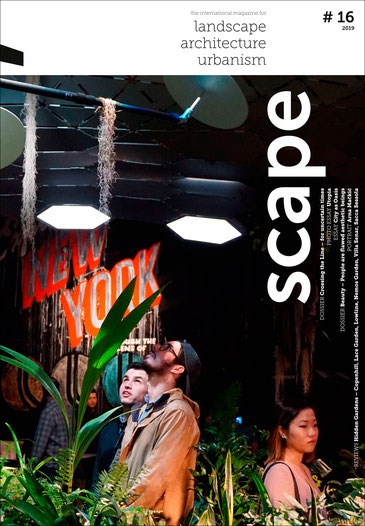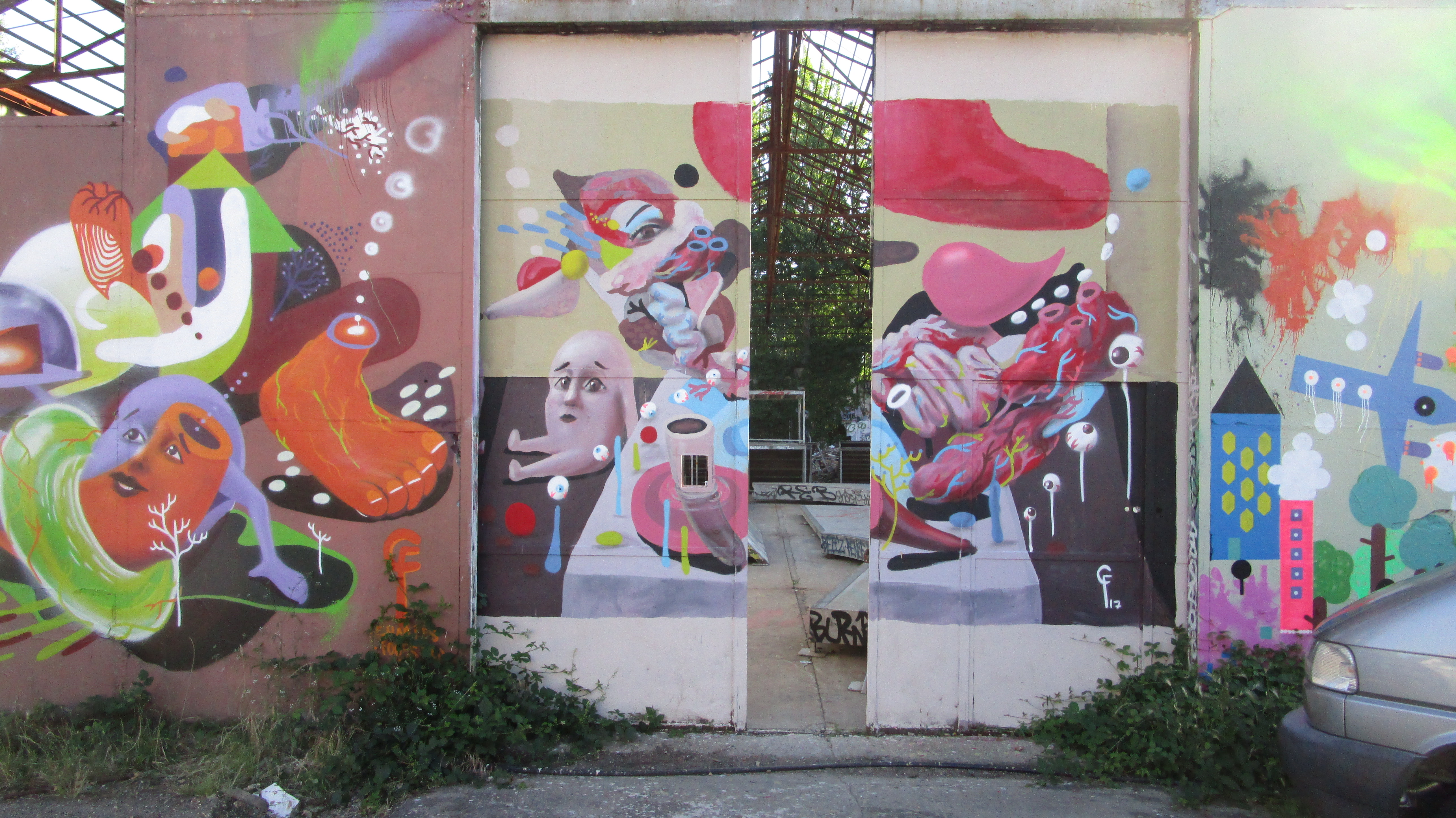Crossing the Line – for uncertain times explores how to work with, and benefit from, the inevitable unpredictability of urban transformation, planning and design. Part of the SLU Urban Futures Critical Practices project to extract generalizable knowledge from everyday practices, this publication presents ten examples of line-crossing in research, education and policymaking from Europe and North America.
The ‘Scape 16 dossier showcases works by urban and landscape practitioners and researchers who seek out good ideas and learn from the experiences of others, no matter where or how that know-how gets produced. As noted in the dossier Introduction, if we are to distil from these efforts a synthetic message, it would be that iterative methods, and more specifically an iterative method using design-thinking as a planning tool, has evident positive effect. Design-minded thinkers identify synergies between things that others differently trained may deem unrelatable, adding value by projecting novel assemblies of ideas, processes and materials that exist elsewhere in other configurations.
How to work with dynamic situations? Uncertainty prompts urban transformation actors to look beyond discipline-based, business-as-usual knowledge. The boundary-crossing it provokes leads to transdisciplinary territories that in turn open new pathways for constructively addressing urban challenges. Approached with a synthetic designerly eye, Crossing the Line yields useful rules of thumb. There are of course many more, worth sourcing elsewhere! Here, as a start:
1. Make the most of the meantime
Consider gaps that open up and slow down official project schedules as assets, not obstacles. Essays on three different urban transformation efforts - Parc aux Angéliques, Bordeaux; Urban Arboreta, Philadelphia; and Frihamnen, Gothenburg - discuss how design processes take unforeseen, yet inevitable bumps along-the-way as a chance to achieve even better outcomes than planned.
2. Change hats often
Use unanticipated hurdles as a way to test out different tactics and change the line of approach. Contributors engaged with education, landscape architecture, and the visual arts offer insights on bridging science and design (at RISD’s Nature Lab); devising new ways to deliver projects (sourcing Urban Nature), and adopting multiple viewpoints (Letter to Parc aux Angéliques).
3. Reflection is action
Turn unexpected in-process developments into opportunities to revise, refine, and retool as you go. Actors committed to extracting and sharing in-process knowledge while taking part in large and often complex collaborations provide ideas for using working diagrams as communication tools, engaging in reflexivity-on-the-go, and partnering in urban living-lab, CityLab projects.
To purchase your copy of the Scape 16, click HERE.

